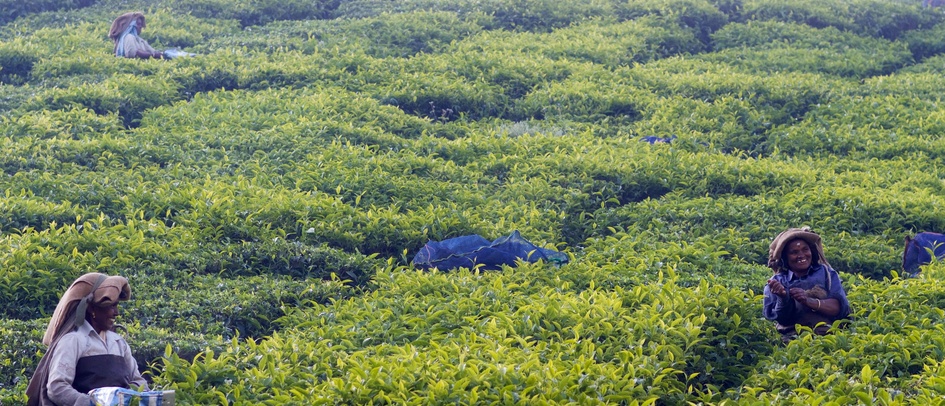As you may know, tea is the most famous and consumed beverage second to water. The demand of all kinds of tea increases. In order to answer this question, extra production has to be done. This does not always work out as it should. It is estimated that around 46 million people worldwide are slaves. This is especially in the production of products such as coffee, sugar, cacao, but tea plantations are also often linked to slavery.
Fairtrade is now a well-known concept that does a lot about the human rights. Human rights are central to Fairtrade’s mission. These rights apply to everyone, wherever you come from and whoever you are. Everyone is entitled to these rights. You can think of the right to life, shelter, no discrimination, freedom of expression, clean drinking water, health and a reasonable standard of life. Employer law also belong to these human rights, for example the right to a living wage.
The Universal Declaration of Human Rights was adopted by the United Nations on December 10, 1948. Human rights sometimes seem self-evident. The harsh reality is unfortunately somewhat different and shows that for many people these do not apply.


